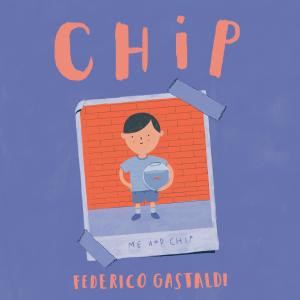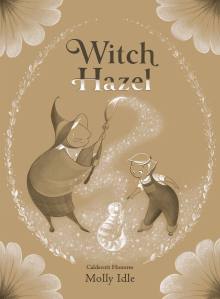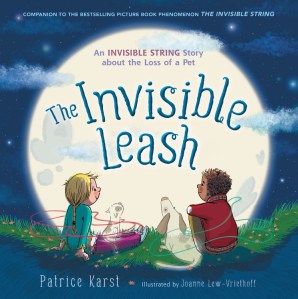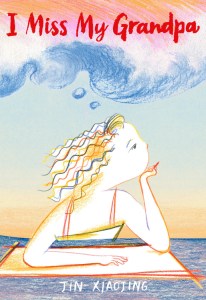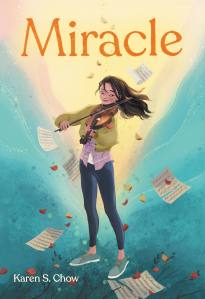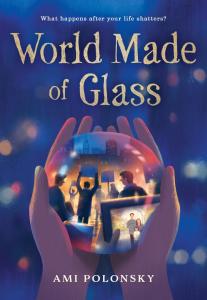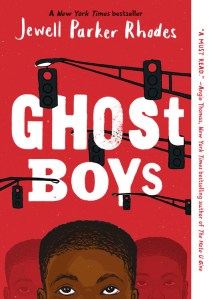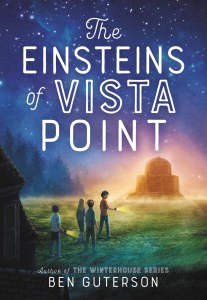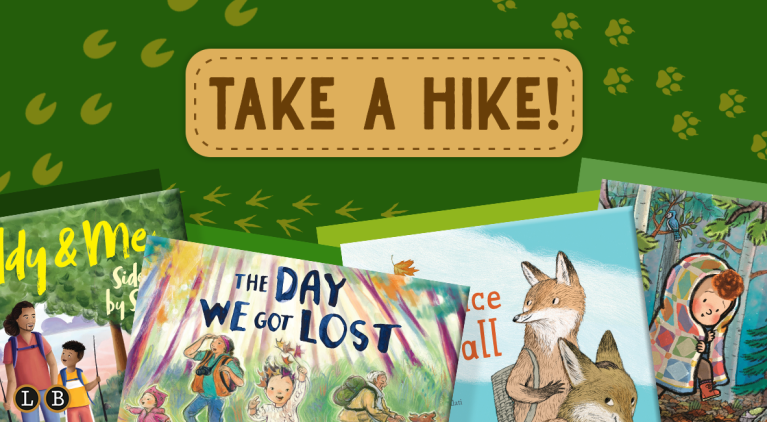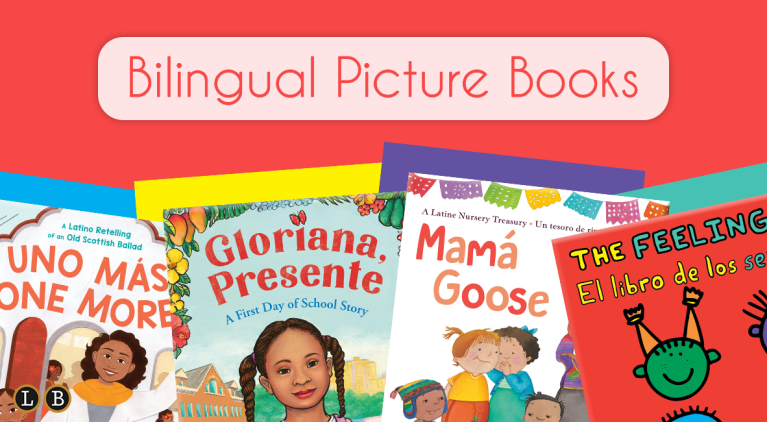Touching Kids’ Books About Loss & Grief
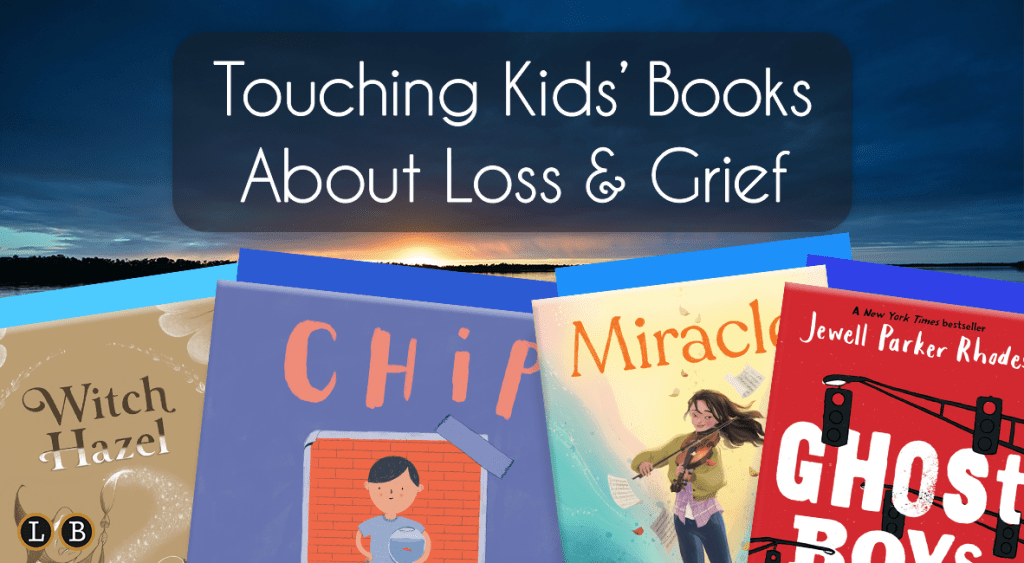
Grief is so challenging, especially when you’re young. Losing a loved one, a beloved pet, or even a home is a life-altering experience that, unfortunately, many of us face for the first time in our earliest years. These wonderful and empathetic books are here to guide readers young and old through the process of grief, and remind them that they are never alone.
Sometimes we miss people we never knew. Especially when that person was important to the people we care about. The young girl in I Miss My Grandpa has never met her grandpa. He passed away before she was born, but she misses him every day. But, with the help of her grandma and the rest of her loving family, she learns to feel the love that her grandpa shared with those around him.
